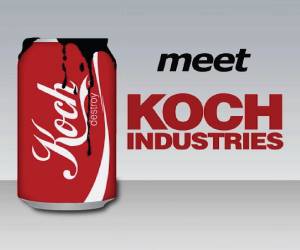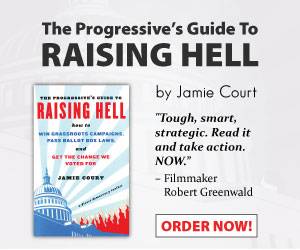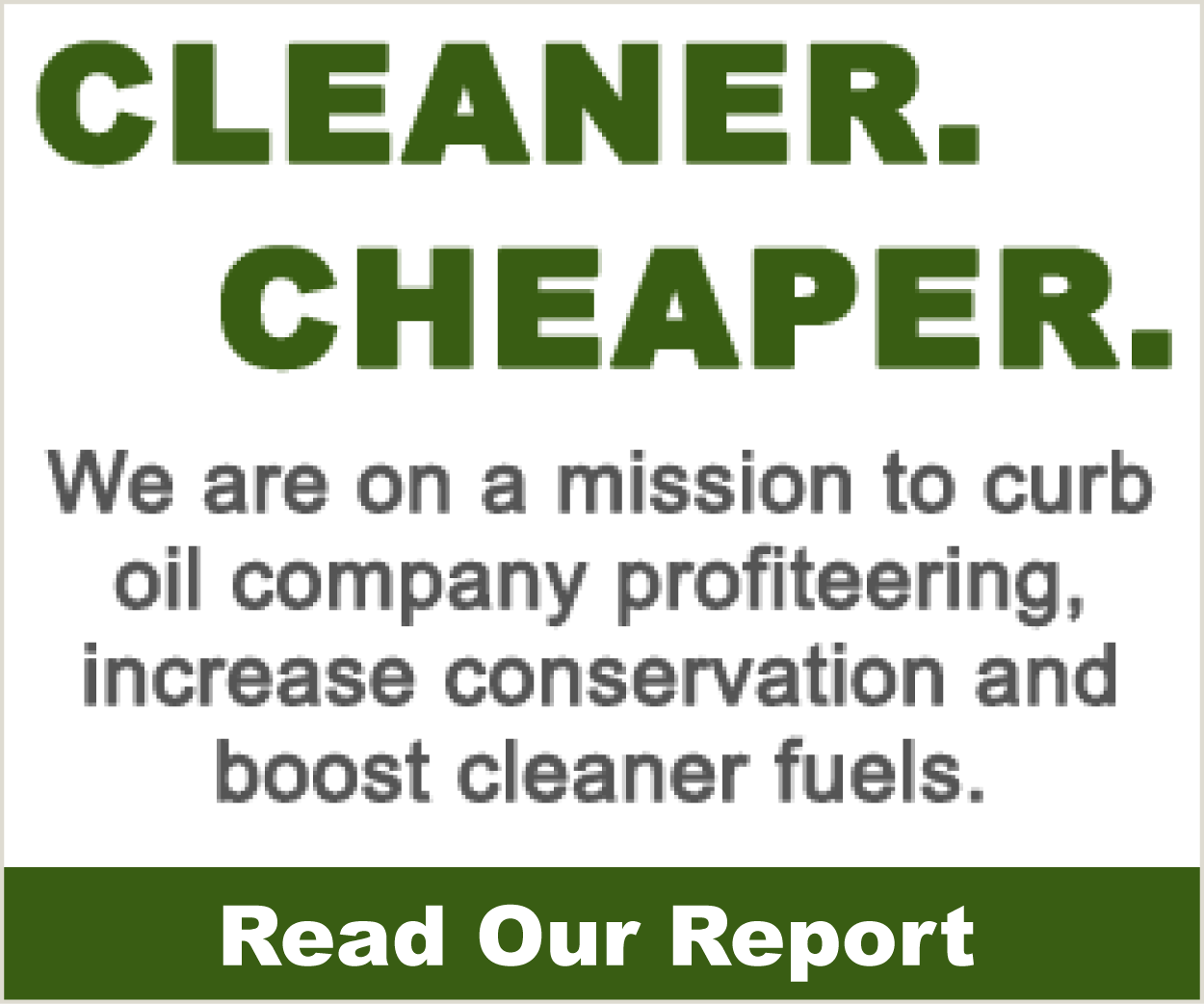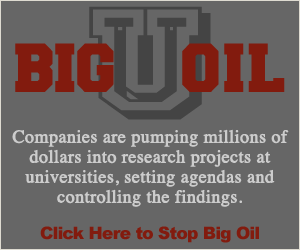
Chevron seemed to act fast–too fast–to shoot down a spoof Monday of the oil company’s “We Agree” faux-caring ad campaign. The spoof was by the Yes Men group, whose “Chamber of Commerce” news conference last year, calling for strong climate change laws, made the real Chamber apoplectic.
This time, the Yes Men sent out a fake Chevron news release with links to the fake “We Agree” ads. In the first ad, Chevron says it will clean up its toxic pollution of the Ecuadoran Amazon, which Texaco and its successor Chevron have fought tooth and nail in U.S. and Ecuadorian courts since 1993.
As with other Yes Men campaigns, some news organizations got snookered, including the biz blog Fast Company and the magazine Ad Age online. Fast Company at least was quick to catch on, and its original post linked above is now an homage to Yes Men.
Chevron then seemed to issue an outraged news release–which turned out to also be a Yes Men production. That “corporate response” calls the Yes Men spoof “libellous” (Chevron lawyers could probably spell libelous.) And it went on to say more about “Chevron” intentions in Ecuador.
“Despite what some will say, we are not obliged to abide by decisions that Ecuadorian judges make or do not make. This is because we have binding agreements with the Ecuadorian Government exempting us from any liabilities whatsoever…”
Honestly, that sounds like a statement from United Fruit Company in the mid-20th Century, when the conglomerate all but ruled Guatemala (hence the phrase “banana republic”) and even ordered up a U.S.-engineered coup against an insufficiently pliant president. I didn’t know any of the Yes Men were that old!
What I love about the Yes Men is that they seem lawsuit-proof. Aside from the legal protections for political satire, can you imagine the courtroom scene? Yes Men acting as their own lawyers? Proving that they didn’t lie about what the corporations were doing?
Chevron ultimately sent out a bland statement saying it was pretty miffed, and offended that anyone would counterfeit its ideas.
The real (I think) Chevron said:
“Chevron’s new advertising campaign is meant to identify and highlight common ground on key energy issues so we can move forward safely, intelligently and collaboratively. Unfortunately, there are some that are not interested in engaging in a constructive dialogue, and instead have resorted to rhetoric and stunts. Today, activist groups have attempted to interrupt the conversation by issuing a fake press release and establishing a counterfeit website, which are not affiliated with Chevron.”
Yet this is the same corporation that made a fake “60 Minutes”-style movie when the real 60 Minutes investigated Chevron’s Amazon pollution problem. Chevron also bought Google ads for its 14-minute propaganda movie to crowd out searches for the 60 Minutes report.
In the Ecuador case, U.S. courts ruled a decade ago that lawsuits against remaining and extensive pollution in Ecuador could go forward, so Chevron demanded that the lawsuit be moved to Ecuadorian courts, where it expected a better result. Part of the 2002 deal was that Chevron/Texaco promised to abide by the Ecuador courts’ decision.
Then Chevron set out to delay the case forever, at any cost, but failed to foresee that Ecuador might elect governments less ready to comply with Chevron’s wishes.
Now, facing a judgment of up to $27 billion, Chevron may be near the end of its legal rope. No wonder it doesn’t have a sense of humor. At least it also doesn’t have as much clout as United Fruit. It’s not quite Exxon. Yet.






Mon, Oct 18, 2010 at 8:37 pm